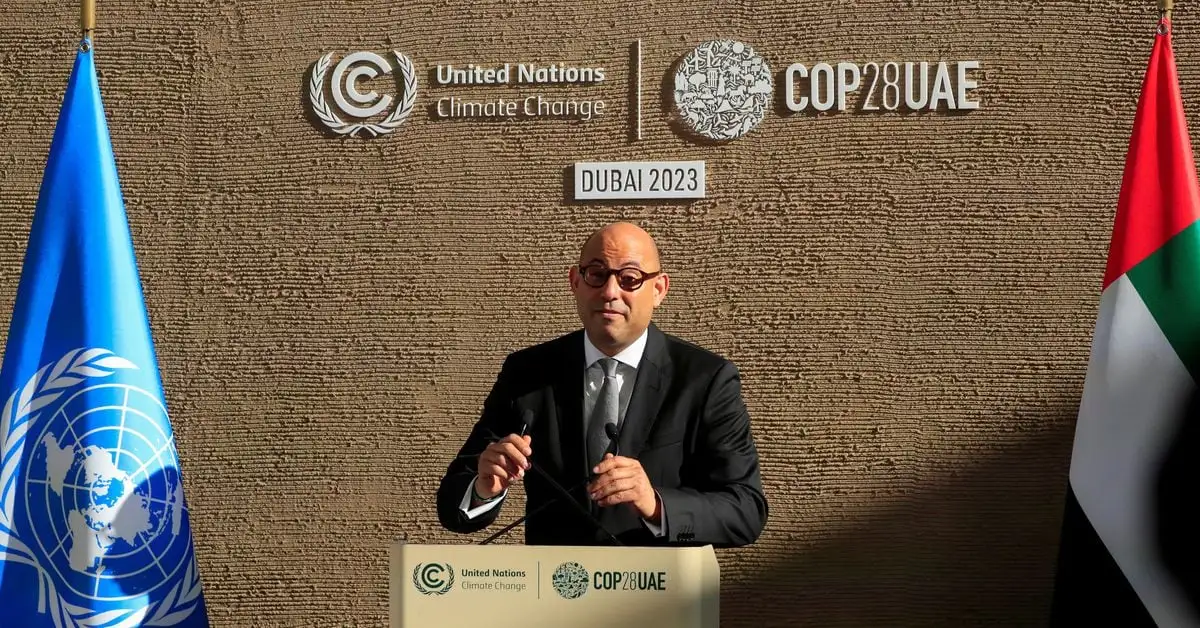Ah yes. No meaningful change in action since last time. Just what we were expecting from a conference led by the President of a national oil company.
I’m sure COP29 will get the job done. Or maybe COP30, or COP65…
COP29 to be sponsored by Shell in Qatar.
But I really can’t wait for COP30 sponsored by BP, to be held on the 20th Anniversary of the Deep Horizon incident! I’m sure there will be agreement to ceremonial dumping of oil into the Gulf of Mexico there.
Well at least we didn’t expect anything useful to come of this conference, so we won’t be too disappointed.
Well at least this COP has shown that this is not a developed countries vs developing countries situation.
deleted by creator
I admire the optimism of everyone who didn’t expect this outcome
Shocking.
Pretty much what happens when you let a petrostate host and give oil-dependent monarchs veto power over the text
When did a COP ever create meaningful change?
It is happening anyway, whether the people there want it to or not.
Largely not because the petroleum monarchies have the ability to block text they don’t like.
It doesn’t say anything against nuking the countrys responsible for that…
will nuclear winter be enough to halt global warming?
Yes, but it would be really nice to stabilize temperatures without killing the bulk of the human population
More seriously, it would at best delay things for 10 years, and that’s if our current understanding of the climate turns out to be wrong and a nuclear winter could indeed actually happen in the first place.
The theory behind a nuclear winter was that in the 80s some scientists thought the secondary fires caused by detonating a bunch of nukes simultaneously in forested areas would combine to be powerful enough to carry the ash into the upper atmosphere. In the 2010s hover Australia had a wildfire big enough that according to the nuclear winter theory it should have easily demonstrated said effect, but dispite careful observation it didn’t, which is also what more modern climate science predicted.
Fun bonus fact: In a full scale nuclear war the majority of the projected casualties come from a breakdown in gobal trade leading to a lack of western produced fertilizer and subsequently food being grown in Africa. The same food production that is going to be heavily hampered by climate change. Thankfully there’s more time to mitigate it with climate change, but it’s still liable to be one of the biggest issues in a 2+C world.
I mean when we nuke the right places the emissions would definitely drop significantly for a looooong time…
Less humans = less emissions
Possibly, but if your talking about an actual nuclear exchange rather than a rather dramatic reenactment of the French Revolutio it would probably just make things much much worse for the climate. Your at most looking at twenty five percent reduction in humans, and the remaining seventy five percent will probably be too busy repairing and rebuilding infrastructure to prioritize further emissions reductions.
Indeed since you now have a demonstrable reason to dedensify urban areas in favor of small towns, becuse things like batteries and solar panels have complex global supply chains while for much of the world oil, gas, and coal are available close by with easier to build infrastructure, and because you now need to make a vast quanty of new stuff to replace what was lost, well net result would almost certainly be a small drop followed by a continued increase in emissions for the next few decades before things got back to normal and decarbonization efforts could resume, now aiming to limit things to 4 to 6C.






